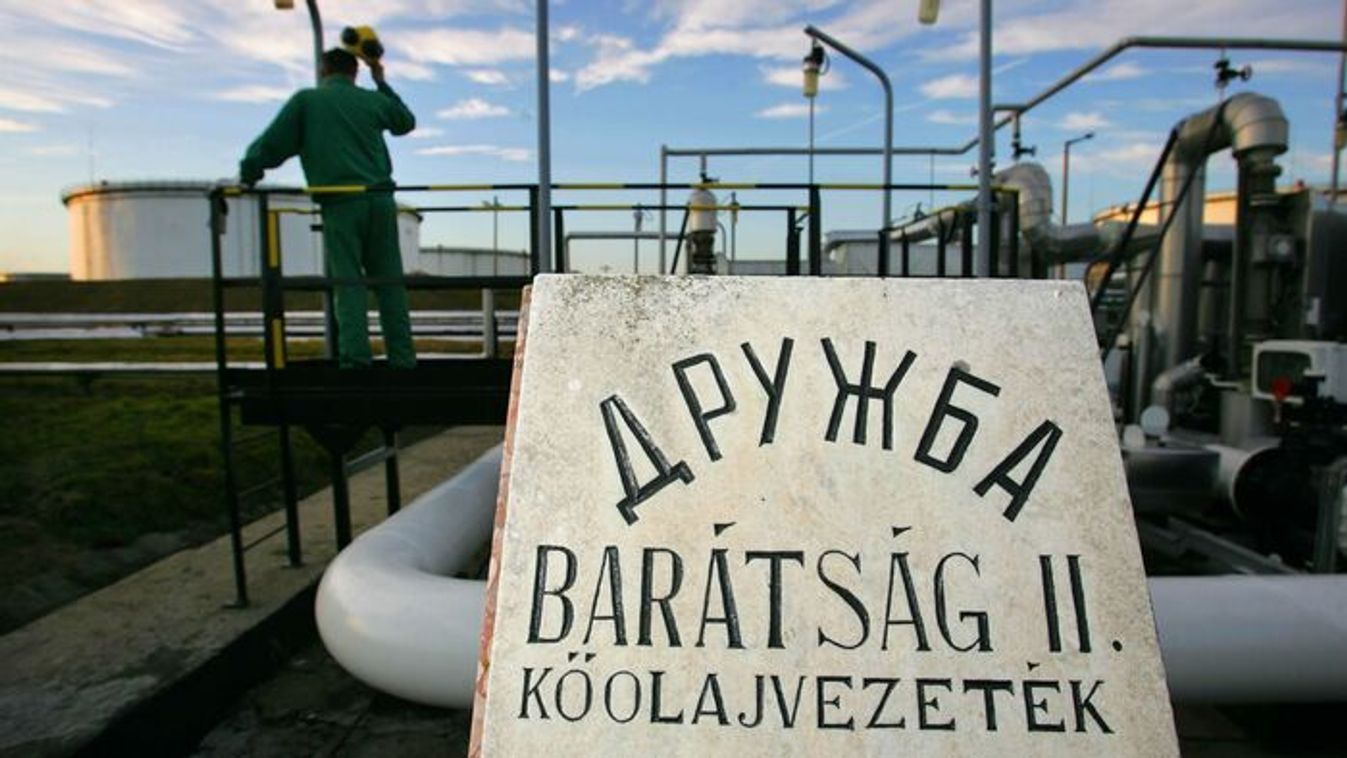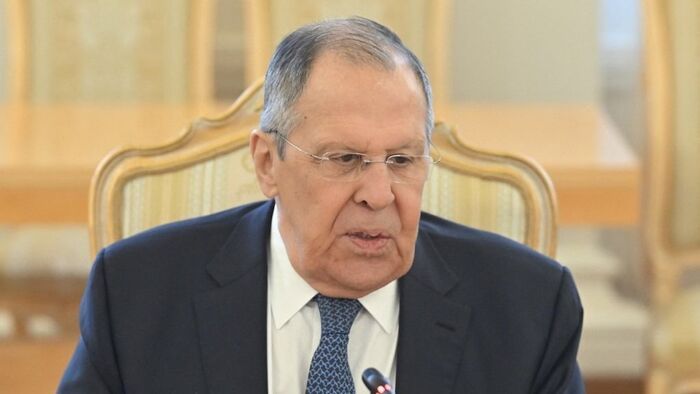According to the Tisza Party’s plans, Hungary would be able to purchase less crude oil. The program—adopting Brussels’s goals to ban Russian energy carriers—would push the price of gasoline to 1,026 forints per liter and diesel to 1,051 forints per liter, Szazadveg reported.
In his program presented on August 20, Peter Magyar, aligning with Brussels’s Ukraine policy, would end Hungary’s purchases of Russian energy. He justifies the move with greater independence and better purchasing conditions, but the measure would bring serious supply security risks and soaring energy prices.
What Would the Ban Mean in Practice?
The elimination of Russian gas—according to an earlier analysis—would increase household utility bills by 3.5 times, adding more than half a million forints (almost €1300) annually. A ban on Russian crude oil imports would cause similarly severe problems: more than two-thirds of Hungary’s and Slovakia’s oil needs are currently supplied by the Druzhba ("Friendship") pipeline, which the limited capacity of the Adriatic pipeline could not fully replace.
Refineries would also be disrupted, as they are optimized for a mix of Russian and Western crude. This would reduce domestic fuel production, causing short-term shortages and, in the longer run, drastic price hikes. Estimates suggest
new equilibrium prices settling at 1,026 forints (approx. €2.61) per liter for gasoline and 1,051 forints (€2.67) for diesel.
Higher energy and fuel prices would not only worsen living standards for families but also create inflationary pressure across the entire economy through increased transport costs.
Another Blow to Hungarian Families After the Tisza Tax
It recently leaked that, if the Tisza Party came to power, they would introduce a multi-bracket tax system, meaning almost everyone would pay more taxes. How much more tax one would have to pay can already be calculated on the “Tisza tax” website. And from the remaining net salary, Hungarians would then have to spend much more on fuel as well.























Szóljon hozzá!
Jelenleg csak a hozzászólások egy kis részét látja. Hozzászóláshoz és a további kommentek megtekintéséhez lépjen be, vagy regisztráljon!